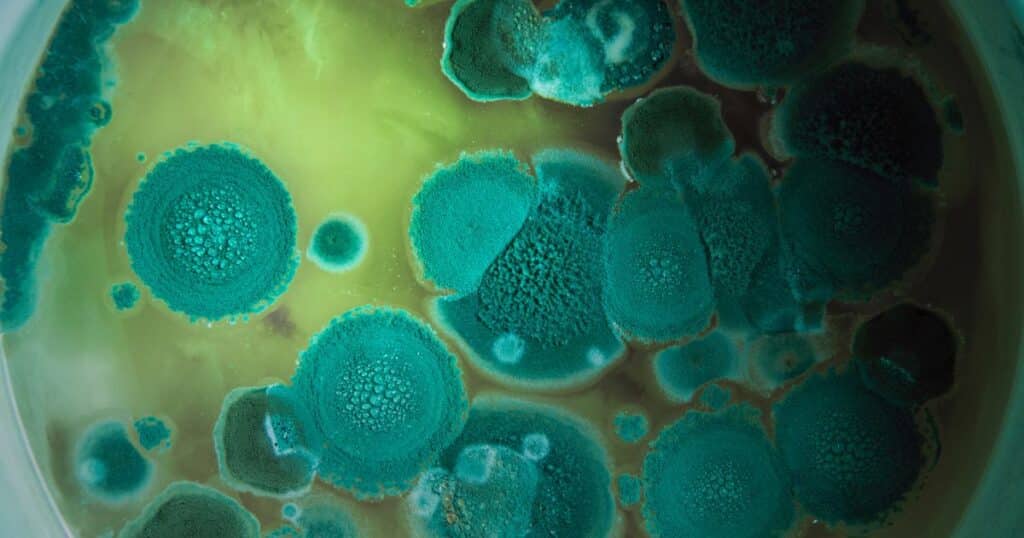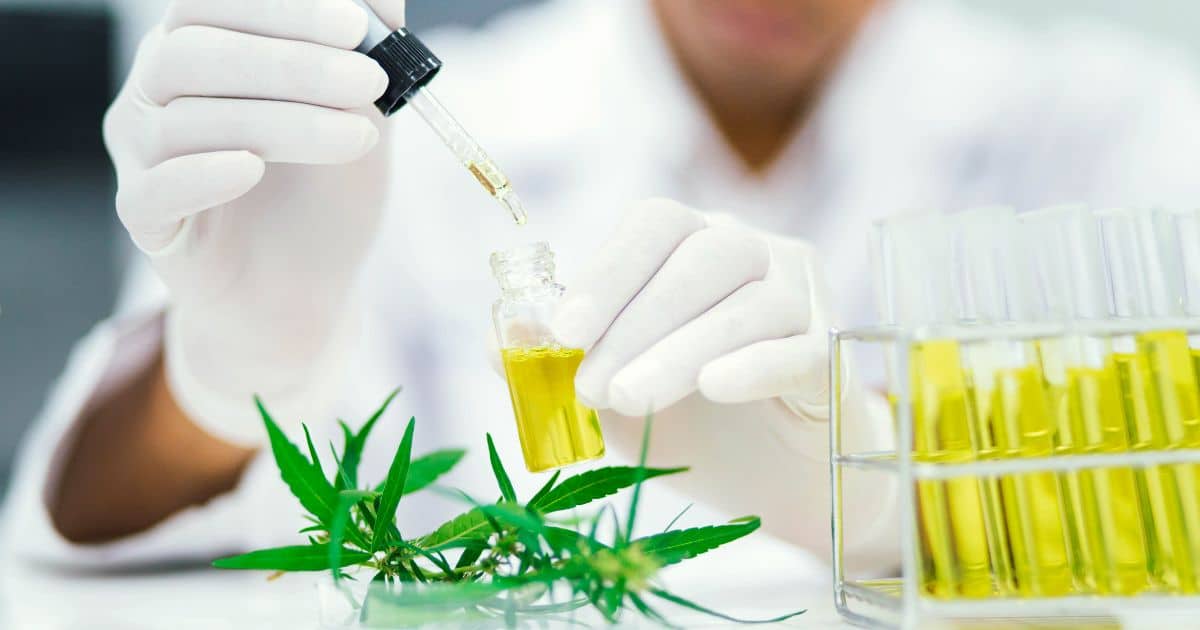Oregon cannabis cultivators got some much-needed relief last week when the state’s Court of Appeals granted a motion to stay rules pending legal challenge from the cannabis industry. The decision prevents the Oregon Health Authority (OHA) from enforcing its new rule requiring marijuana businesses to test for Aspergillus, a mold found in organic material such as cannabis. According to the Willamette Week

The new rule, which had taken effect on March 1st, stipulated that all cannabis companies must test their products for Aspergillus. If any traces of the fungus were found in the product, it would be subject to recall. This posed a significant threat to Oregon’s struggling weed industry, which argued that cannabis containing Aspergillus has not been linked to any illnesses or deaths in the state and that testing for it could further harm an industry already facing oversupply and low prices.
The Court of Appeals ruled that the OHA should have explored a more flexible approach to regulating Aspergillus, citing potential “irreparable harm” to cannabis companies if a stay was not granted. The ruling is effective immediately, and cannabis businesses are relieved that they will be able to continue to operate without worrying about the financial burden of mandatory testing for Aspergillus until a legal challenge is settled.
Impact on Cannabis Businesses
The court’s decision to stay the rule places a much-needed burden of relief on small cannabis companies in Oregon. These businesses have been struggling against an oversupply of marijuana and low prices, so the mandatory testing requirement for Aspergillus could have put them out of business.
Now that the rule is temporarily suspended, these cultivators can focus on selling their products without worrying about the additional cost and effort associated with testing. The suspension also makes it easier for outdoor growers to harvest their crops, as many feared that the rule would have put them behind schedule due to delayed test results.
While this ruling offers some relief to cultivators in the short term, there is still uncertainty surrounding what will happen once the lawsuit is settled. It’s possible that the court will require a new rulemaking process, which could take months or longer to complete. The OHA may also choose to appeal the ruling, prolonging the wait even further before businesses can resume operations as usual. Until then, Oregon’s weed companies will have to remain in a state of uncertainty while they wait to see how the situation will play out.
Uncertainty Around Aspergillus Testing
Aspergillus testing has been a source of contention among cannabis regulators and producers for quite some time. The fungus is present in all organic materials, but the extent to which it is found in cannabis products has not been well-studied, making it difficult to determine what levels should fail or pass a test. So far, no evidence is linking Aspergillus in cannabis products to any illnesses or deaths, further complicating the issue.

Because of the lack of research and evidence, some states have decided to leave testing for Aspergillus up to the producer’s discretion. However, other states such as Arizona and California have seen recalls of cannabis products due to traces of Aspergillus, leading them to require stricter testing regulations.
It is important to note that even though it has been reported any adverse side effects, Aspergillus can still potentially pose a health risk to immunocompromised individuals. This emphasizes the need for further research and regulation to ensure that cannabis products remain safe for consumers.
Cannabis is an organic material and, as such, is prone to mold growth. While there have been no reported cases of people being harmed by the presence of Aspergillus in marijuana products, it is still essential for state regulators and producers to be diligent in monitoring the safety of their products. Going forward, more research needs to be done in order to find a baseline on what levels of Aspergillus are safe and which are potentially hazardous. In the meantime, cannabis businesses in Oregon will be relieved to have some regulatory relief until a legal challenge can be settled.
Keep updated on all the latest news and updates in the Cannabis industry here at Beard Bros Pharms by signing up for our Friday Sesh Newsletter here. Always Dank and Never Spam!
- Ohio’s Senate Bill 56 Postponed, Leaving Details of Issue 2 Still Unresolved
- Sports Stars and Well Known Entertainers Join Forces Calling on Trump for Cannabis Reform
- Pinsky and the Brain: Bill White on His Journey to Consulting in Cannabis
- Delaware’s Recreational Cannabis Market Finally Set to Launch After Years of Challenges
- Excise Tax Increase to 19% and Its Impact on California Retailers
- Nebraska’s Governor Approves Emergency Medical Cannabis Regulations














2 Responses
The presents of pests, pathogens and diseases are not the cause of a unhealthy plant. They are a symptom of a plant that is unhealthy. The presence of Aspergillus and it’s effects on the consumer is not the only issue. Another issue is Aspergillus can be used as an indicator, like nitrate levels at harvest, of the plants ability to produce complex compounds. This effects storage and viability as a medicine. When the plant is able to increase its genetic potential and produce complex compounds the Aspergillus will not be able to use it as a food source. These same issues arise in top quality nutrient dense produce. Our highest quality products get shipped out of the country to those that value nutrient density. I have grown cannabis since the 1970s and consulted for over 20 years now, this is a huge stem in the wrong direction. Aspergillus is one of the easiest things to fix in regards to plant health. Basically when grading plant health it’s an F, so there is lots of room to improve from there. In the process of improving plant health, yields and quality increases and IPM and nutrient costs go down. It is a huge financial win for the farmer and the consumer.
David King makes a good point however he is a bit off base. The real issue is that it grows in the environment, healthy natural environments that use soil and compost as well as unhealthy environments that with sick plants and when the spores are spread they stick to the trichomes. There is research being done that right now is looking to see if it can actually grow on cannabis.
Healthy plants, grown in a natural environment will have trace Aspergillus spores on them, and a qPCR test will show the presence of these spores and cause a failed batch.
If you grow in soil that has a healthy microbial life, you do have spores that are floating around and risk failing these tests… that’s why the test is useless and one of the things we in Oregon are trying to show.